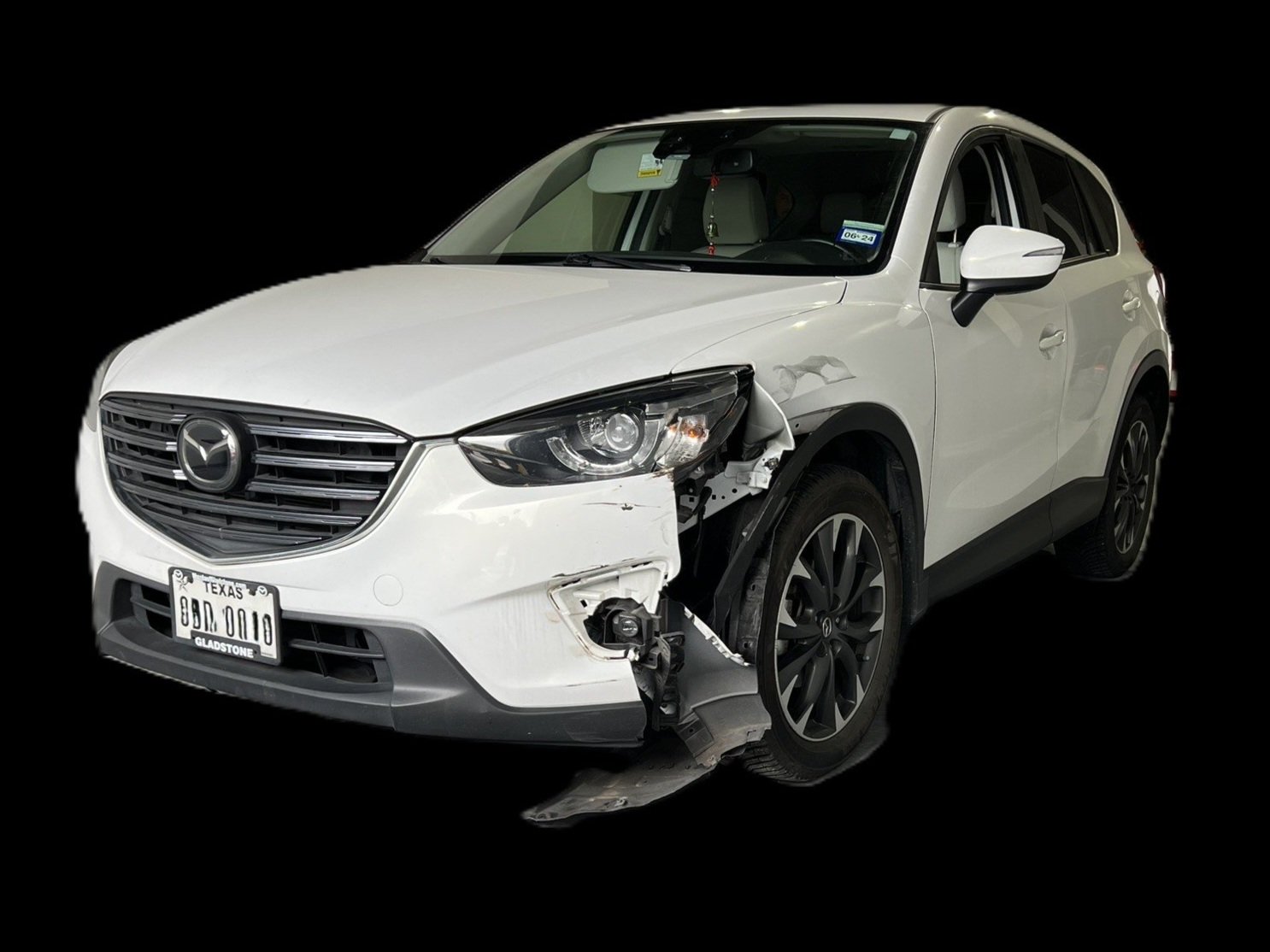
minor Collisions
Black Diamond Collision Werkz
Your #1 Trusted Repair Center
Our collision repair service is designed to restore both the appearance and functionality of your vehicle quickly and efficiently after incidents like wildlife-vehicle collisions or other minor collisions. Our skilled technicians utilize advanced techniques and tools to ensure high-quality repairs, addressing any damage to your vehicle's body and structure. We understand how collision damage can impact your car's overall look and performance, which is why we pay meticulous attention to every detail.
Our team here at Black Diamond Collision Werkz takes the time to thoroughly assess the damage and discuss the best repair options with you, ensuring that you are informed and comfortable throughout the process. We prioritize your satisfaction and aim to make your experience as seamless as possible, helping you regain confidence on the road. With our commitment to quality and customer care, you can trust us to restore your vehicle to its original condition, allowing you to drive with peace of mind.
Tips for Auto Insurance Claims After an accident
If you’ve been in a accident, knowing what to do next can help you navigate the insurance claims process smoothly. Here are some essential steps to follow:
At the Accident Scene
Move to Safety: If there are no injuries, move your vehicle out of traffic. If someone is injured or if the other driver leaves, call the police and request a report for your insurance.
Gather Information: Collect the other driver’s insurance details and contact information. If they don’t have an insurance card, ask for their name, phone number, and policy number.
Take Photos: Capture images of all vehicles involved, including damages, license plates, street signs, and any relevant road conditions.
Talk to Witnesses: Get names and phone numbers of any witnesses.
Document Details: Write down the location, time, weather conditions, and a brief account of what happened.
After You Get Home
Report the Accident: Call your insurance company and report the incident. Ask for the name and contact number of the adjuster handling your claim.
Keep Medical Records: If you saw a doctor, save all medical records and bills for your insurance.
Getting Your Car Repaired
You can choose any body shop for repairs, even if your insurance company provides a list. They will give you a repair estimate, and if costs exceed this, the shop will submit a new estimate for approval.
If the Other Driver Was at Fault
Report the accident to the other driver’s insurance. They should cover your repair costs, medical bills, and rental car expenses. If they refuse to pay, file a claim with your own insurance. They will seek to recover costs from the other driver’s insurer and return your deductible.
If the Other Driver Was Uninsured or Fled the Scene
Your collision coverage can help pay for repairs. Additionally, if you have uninsured/underinsured coverage, it can cover repairs, a rental car, and medical bills, usually with a lower deductible than collision coverage.
For any questions or assistance with the claims process, feel free to give us a call. We’re here to help you every step of the way, ensuring you get back on the road as quickly as possible!

Wildlife-vehicle collisions
Wildlife-vehicle collisions (AVCs) are a common occurrence in the United States, with an estimated one to two million collisions happening each year. These collisions can have serious consequences, including injuries to drivers and vehicle damage.
Here are some important tips to help avoid and/or handle an animal collision:
Slow down, especially if you see an animal close to the road. Speed is the greatest safety factor in the magnitude if damage and physical injury.
Stay alert. Scan the road for animals at any time of the day or night.
Pay attention to “deer crossing” and other animal signs.
Reduce distractions. Put the cell phone away.
Brake, as necessary. If you can avoid hitting the animal, reduce your speed, honk your horn and tap your brakes to warn other drivers.
Don't swerve. If a crash with an animal is inevitable, maintain control of your vehicle and don't veer off the road.
Use high beams. Flicking your high beams on wildlife may cause the animal to scurry away.
Be aware of peak season. Animal crashes, especially deer, happen most often during October through December, which is hunting and mating season.
Watch for animals on the road between dusk and dawn.
Watch for herds. If you see one deer, there are probably more nearby.
If despite all of this you hit an animal, take a deep breath. Make sure you and your passengers are well. Call 911 if the animal is large and still there after you hit it. Check if your vehicle is drivable. When safe to do so, take pictures and, if needed, you can file a claim in multiple ways.
Speak with your Insurance agent about comprehensive coverage, which typically covers repairs for collisions with animals, after your deductible.


